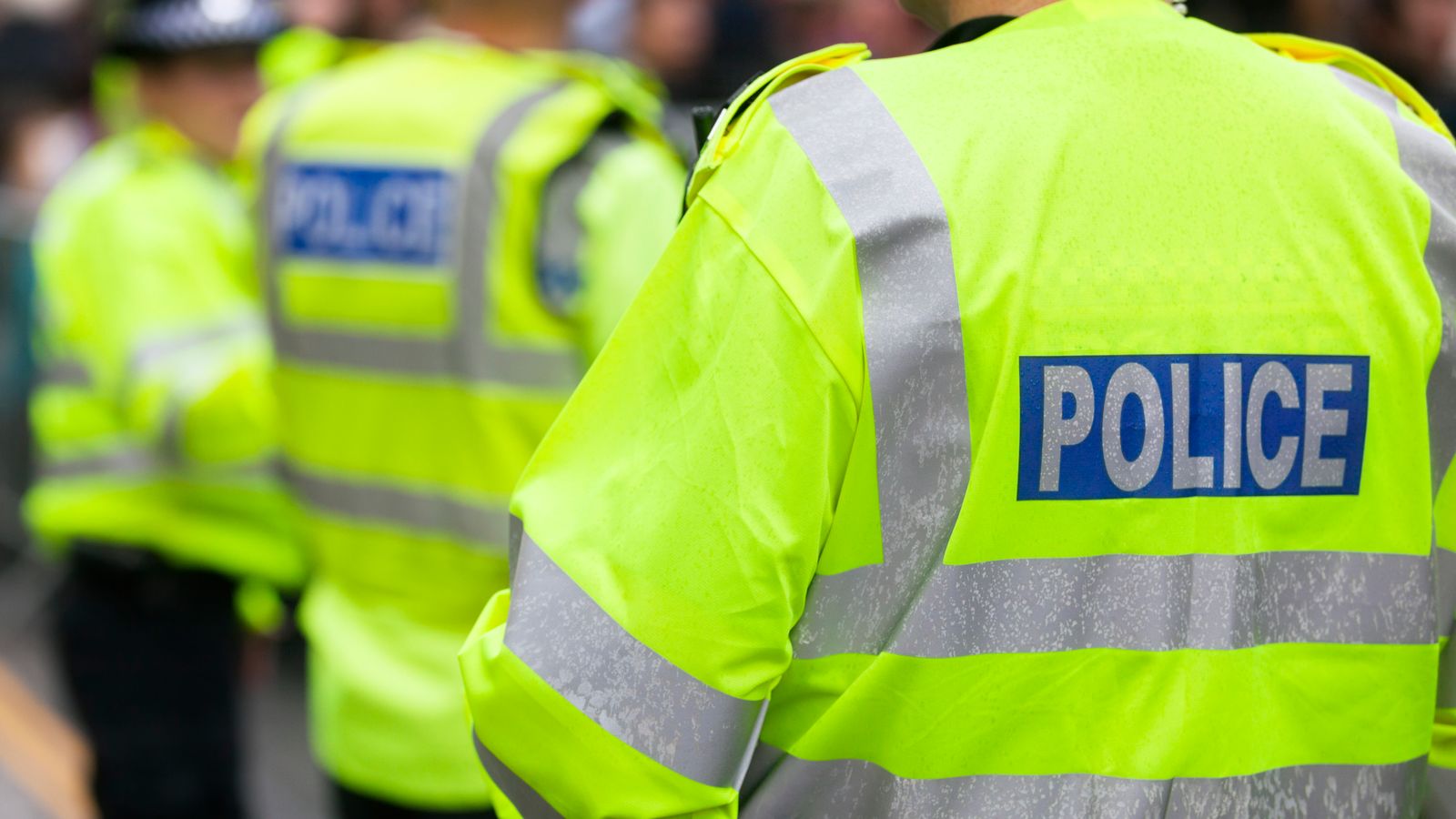Black people are seven times more likely to die than white people after being restrained by police, according to new analysis.
A report by the charity Inquest alleges that the British system for investigating deaths after contact with police fails black families and ignores the possibility that racism could be a factor.
It said that, between 2012/13 and 2020/21 there were 119 deaths involving restraint recorded by the Independent Office for Police Conduct.
Of those, 23 were black people, 86 were white, five were Asian and four were mixed race.
The report added: “Assuming constant demographic profiles over the period considered, black people are 6.4 times more likely to die than the proportion of the population they represent.
“For white people the comparable figure is just 0.84.
“Using these figures, black people are seven times more likely to die than white people when restraint was involved.”
Nicola Bulley: ‘Agony’ for family as they await identification of body found in search for missing mother
Nicola Bulley: How the search for the missing mum has unfolded
Thousands of ambulance workers go on strike today – as junior doctors announce when they will stage walkout
According to the government, the ethnic groups used in the 2021 Census were slightly different from those in 2011.
In the latest survey, the Roma group was added under the “white” ethnic group, and people could write their own response under the “black African” ethnic group.
As a result, figures for the white other and black African and black other ethnic groups may not be directly comparable for 2011 and 2021.
The report said no officer had been found to have acted in a racist or discriminatory way after the death of a black person who had been in contact with the police.
Read more:
Police officer jailed for 8 years for manslaughter of former footballer
Police admit they are ‘ashamed’ of racism
‘Persistent issue’
It said: “The system of accountability is not working.
“The police are resistant to facing up to the reality of institutional racism and the IOPC lacks the political will to establish a framework, based on the current statute, that would deal with this persistent issue.
“Furthermore, inquests are hindered by a lack of coronial racial awareness and a chronic inability to see racism being pertinent to the situation in which a black person has died in police custody despite a wealth of evidence to suggest it is.
“The idea that racism exists beyond explicit bigotry is not accounted for in the current bureaucratic and political structures.
“These are failing to recognise racism exists in a much deeper way in society that has roots in its power structures.”
‘Expertise and capacity’
A spokesperson for the Independent Office for Police Conduct said: “Evidence of disproportionality in the use of police powers has long been a concern which impacts on confidence in policing, particularly in black, Asian and minority ethnic communities.
“That’s why we launched a programme of work in 2020 to explore, challenge and address issues of race discrimination in policing in order to drive real change in police policies and practice.
“We have also significantly boosted our expertise and capacity to investigate discrimination and provided practical guidance to police forces to do the same.
“We remain committed to working with Inquest and others to reduce deaths in custody and end the disproportionality that people of colour face in policing, the wider criminal justice system and society as a whole.”
‘Zero-tolerance approach to racism’
A Home Office spokesperson said: “We expect police to take a zero-tolerance approach to racism within their workplace.
“Nobody should experience force because of their race – any use of force by police must be lawful, proportionate and necessary.
“The government has launched a targeted review of police dismissals to ensure that bureaucracy and unnecessary process will not prevail over ethics and common sense.
“Part two of the Angiolini Inquiry will also examine policing culture to ensure improvements are made where necessary.”






















